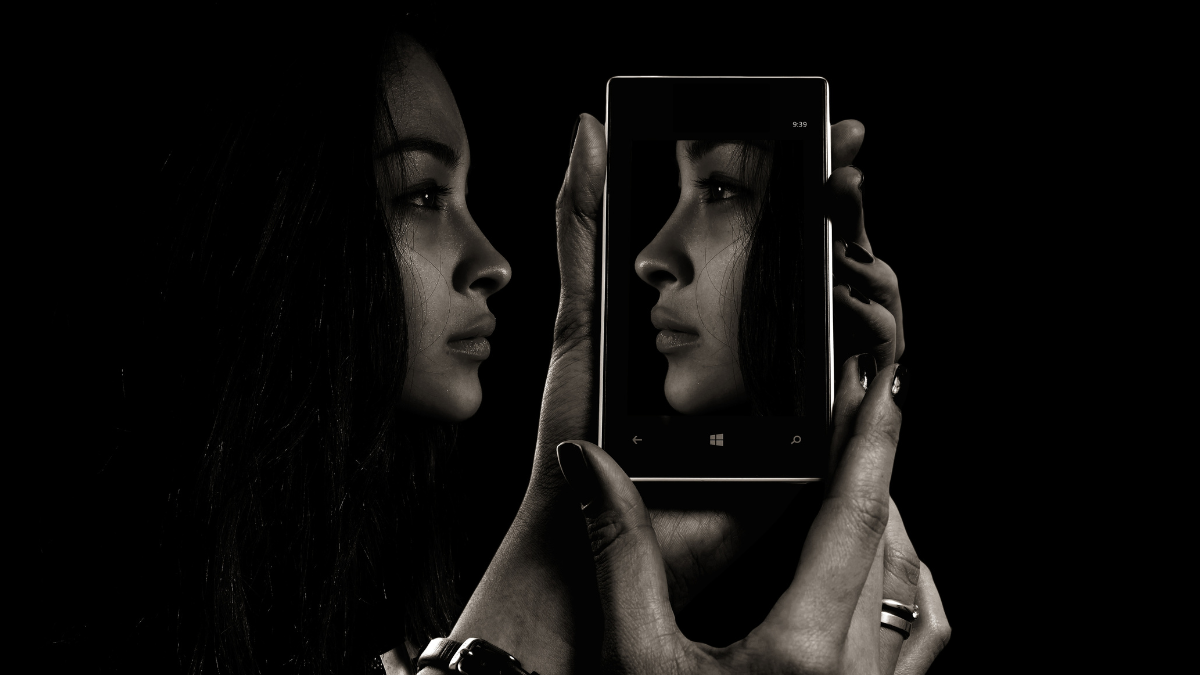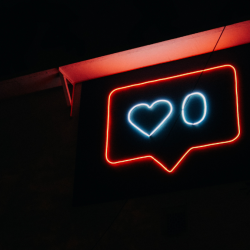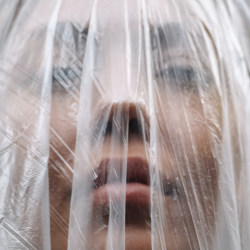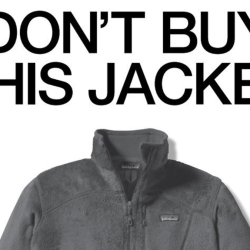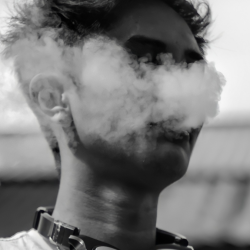Our relationship with truth resembles our relationship to almost all products and services — will the truth simplify my life in any way? Most importantly, in an age where appearances are everything — will the truth make me look good?
We all have our quirks. Mine is an affection for local news from across the world. For reasons that remain unclear even to me, I enjoy reading about co-op housing board conflicts in Manhattan, the awe-inspiring tattoos of residents in Warsaw, the particularities of fashion in Dakar. It’s this fascination for the highly specific and occasionally peculiar that led me to a story about Chris Gloninger, a meteorologist in Iowa.
Gloninger was resigning from his role at a Des Moines news station as a result of post-traumatic stress disorder. His work as a weather reporter led him to think about and share his perspective on climate change and its impact. That commentary, delivered in what should be the most inoffensive part of any news broadcast — the weather report — had prompted accusations of Gloninger being part of a liberal
conspiracy. He was subject to harassment via email, which escalated to multiple death threats. All of which led to a deterioration in his health and the decision to walk away.
The specific often illuminates the general
This snippet of news from a corner of the world has so much to say about how millions of us now relate to the truth, to lies and to truthfulness.
As children, we thought of the truth in terms of black or white. We exercised the option to lie, of course, but we knew exactly what we were doing when we fibbed. Getting caught in a lie had its consequences. Growing older was an exercise in understanding that people and perspectives are often gray. There could be different versions of the truth, especially when it came to relationships and socio-cultural issues. Perhaps uncovering ‘the truth’ was a matter of dialogue and self-awareness.
Facts were immune to all of this messiness. You could interpret them differently, but
you couldn’t contest their inherent validity. Factfulness could sometimes actually point towards the truth.
None of this prepared us for Kellyane Conway’s birthing of the ‘alternative fact.’ It was a phrase that was a culmination of bad-tempered politics, polarization and social media frenzies. And it was also a phrase that catapulted a dangerous new idea into the public domain — the idea that facts are optional, and that the truth is a matter of choice.
Our relationship with the truth and truthfulness has been deteriorating for a long time, and at this point it resembles our relationship to almost all products and services — will the truth simplify my life in any way? Most importantly, in an age where appearances are everything — will the truth make me look good?
It’s why we posture and preen on social media, knowing that no one’s lives are perfect but wanting to paint a flattering picture of our holidays, relationships, careers anyways. Exaggeration is just a matter of brand building, and so is vulnerability — there’s nothing quite like a well-timed and well-publicized breakdown to win both sympathy and visibility.
It’s why looking the part is enough to protect some people from terrible misdeeds and decisions, and why others aren’t given the benefit of the doubt. This is enough cause for alarm in a world of Photoshop, deep fakes and artificial intelligence. Add instant gratification to the mix, and truthfulness becomes even more tenuous. Will the truth make things easier, smoother and more convenient? How much truth do I
really need and more importantly, how much of it can I afford?
Dealing with cognitive dissonance takes work
Staying informed by absorbing views from a range of sources is an effort. So is engaging in an actual argument or discussion. It’s easier to stop thinking of our opinions as simply opinions, but to start holding them up as facts. Anyone with a contrary perspective is misinformed at best, and a liar at worst. It’s what makes a meteorologist a villain, a threat that needs to be
‘dealt with.’
Where do we go from here? Some schools and colleges have begun teaching students about influence and persuasion, immersing them in the ethics of both creating and consuming content. Some countries, most notably in Europe, are demanding greater accountability from social media networks as they collect data and distribute news. Tech overlords are repeatedly falling from their own pedestals and over their own feet, which will hopefully cut their reputations down to size.
But truth, lies and honesty are ultimately deeply personal values. Fixing our relationship with the truth will be a personal commitment. At the beginning of his book Mother Night (1962), Kurt Vonnegut had said ‘We are what we pretend to be, so we must be careful about what we pretend to be.‘ If we can pretend to be more than consumers with a fascination for appearances and ease, perhaps the truth could eventually become more than a convenience.
Featured image: geralt / Pixabay




















